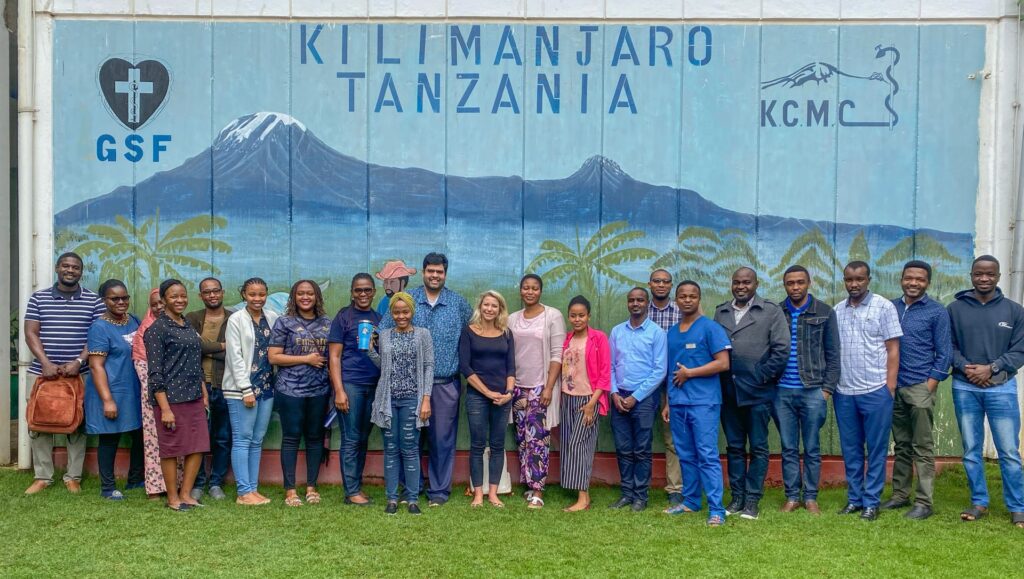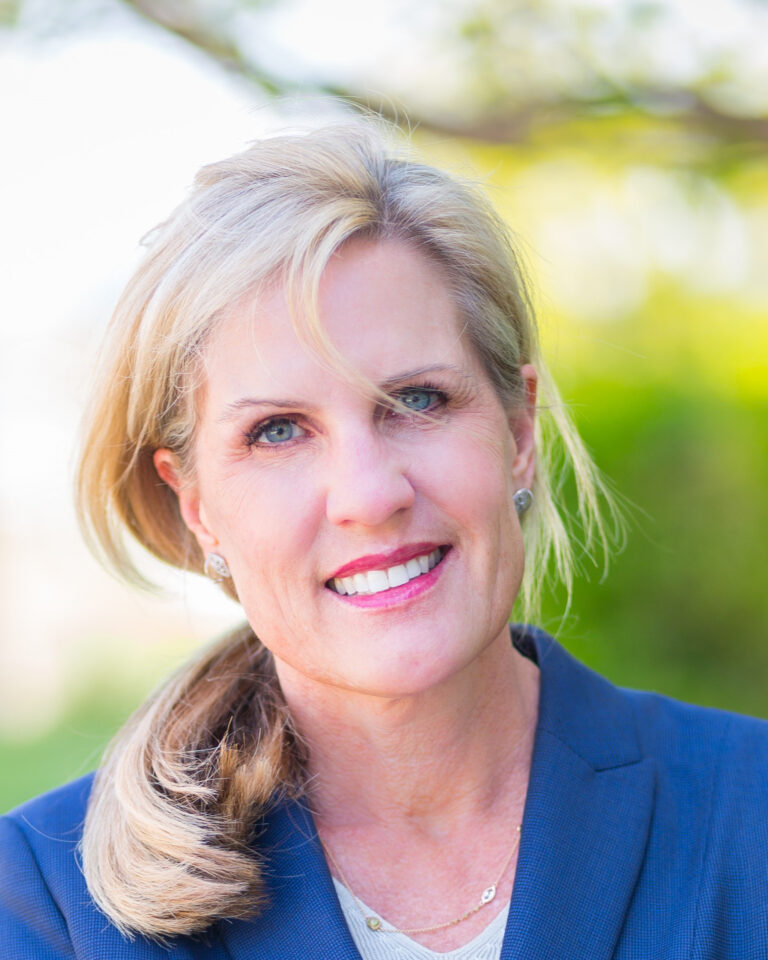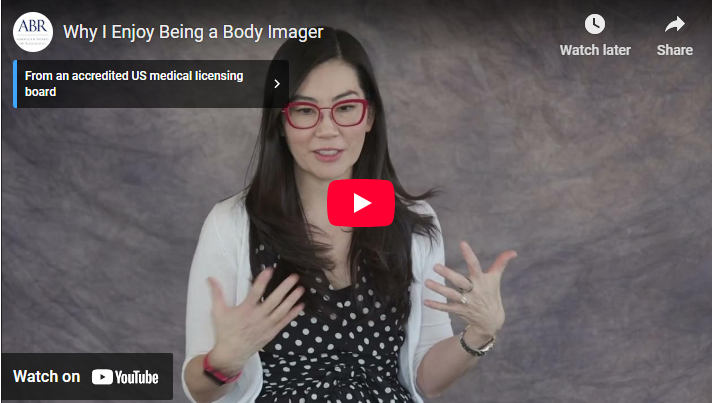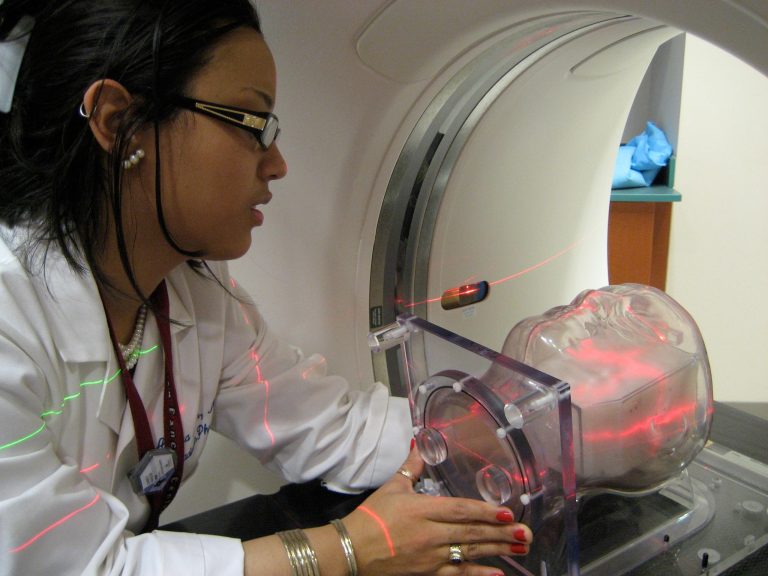Pediatric Radiologist Teaches, Learns During Time in Tanzania
Carolina Guimaraes, MD, understands the value of sharing knowledge with young physicians from developing countries. As part of the American Society of Neuroradiology’s (ASNR) Anne G. Osborn International Outreach Professor Program, Dr. Guimaraes spent time this summer living up to that obligation in Moshi, Tanzania.
In July, Dr. Guimaraes spent a week at the Kilimanjaro Christian Medical Center (KCMC) working with 27 radiology residents. She gave two lectures per day and worked with residents going over cases.
“The residents were so welcoming,” Dr. Guimaraes said. “I felt truly appreciated.”
In her everyday job, she’s a professor of radiology and division chief of pediatric radiology at the University of North Carolina at Chapel Hill School of Medicine. Dr. Guimaraes earned her medical degree from the Universidade de Caxias do Sul, Brazil. She then completed her diagnostic radiology residency at the Hospital Mãe de Deus in Porto Alegre, Brazil. She completed fellowships in pediatric radiology research, pediatric radiology, and pediatric neuroradiology at Cincinnati Children’s Hospital Medical Center. Her main clinical and research focus is on pediatric neuroradiology and fetal imaging.
She went to Tanzania planning to talk mostly about magnetic resonance of pediatric neuroradiology but changed course based on the residents’ everyday needs.
“I quickly learned that their reality regarding pediatric imaging was much different than ours,” Dr. Guimaraes said. “After my first day, I changed my lectures to cover more ultrasound and CT, based on what they do on a day-to-day basis.”

Dr. Guimaraes said the young patients seen at KCMC often are in more advanced stages of disease than what we see here at the U.S. Access to healthcare is limited for much of Tanzania’s population; many patients live in rural areas and must pay out-of-pocket for their imaging services.
The doctors she worked with ranged from first- to fourth-year residents. They were an impressive and earnest group, Dr. Guimaraes said.
“They are so eager to learn, and they also want to give back to their community,” she said. “I had a lot of interaction with one resident whose research was focused on understanding the causes and ways to improve access for children with hydrocephalus.”
Dr. Guimaraes stayed in a compound with people from across the world who were there to volunteer at the hospital. She was fascinated by what she saw on the commute to work, which was done on foot since the facility was less than a mile away.
“Everybody was walking to work in the morning,” she said. “So many different countries, languages, and cultures were represented along that short walk.”
Dr. Guimaraes said it was a nice break from the U.S.’s fast pace. Everyone at the residency program was a stranger when she arrived but that didn’t last long.
“I was a little nervous at first because I was by myself in a foreign country,” she said. “But the people there are incredibly nice, and they made me feel at home.”
She said being part of the ASNR program was beneficial to her professionally and personally. She felt that she received as much knowledge as she shared. She remains in touch with members of the KCMC residency program and intends to continue remote lectures and case sharing.
“I came back so enriched by this experience,” Dr. Guimaraes said. “I encourage anyone who may have this opportunity or other global health opportunities to take it. I am so grateful for the ASNR and especially the wonderful radiologists and radiology residents from KCMC.”






